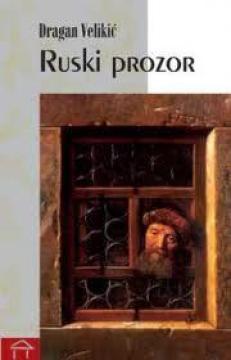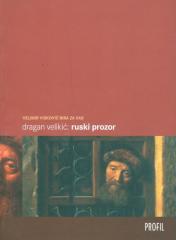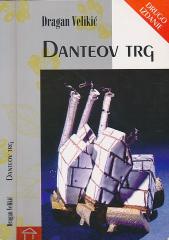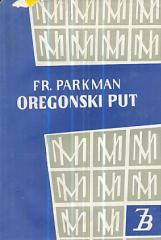
Ruski prozor
In the novel Russian Window, Dragan Velikić creates a three-part "omnibus novel" about exile, questioning identity, and the transience of life. The first chapter is narrated by Danijel, an aging conductor who introspectively questions his own destiny; the second forms the core of the narrative, following Rudi Stupar, a Vojvodina native and unsuspecting actor, who flees Belgrade in the chaos of the 1990s and passes through Budapest, Hamburg, and other European centers. The final, third part consists of a series of short confessions by other characters, who comment on Rudi's life and leave him in a different light.
Through a complex narrative structure - fragmented memories and asymmetrical narrative units - Velikić builds an atmosphere of melancholic reflection, where Russian Window represents a "photograph": a small account of life, a cross-section of inner aspirations and memories. The style is refined and precise, often poetic, so the prose balances between intellectual essay and intimate confession.
The themes touch on exile, the search for a spiritual home, and the establishment of a balance between personal destiny and the broader historical dynamics. Throughout his wandering existence, Rudi carries an introspective burden of nostalgia and failure, at the same time imbued with humor and self-irony as a resistance against his petty-bourgeois fate.
One copy is available





